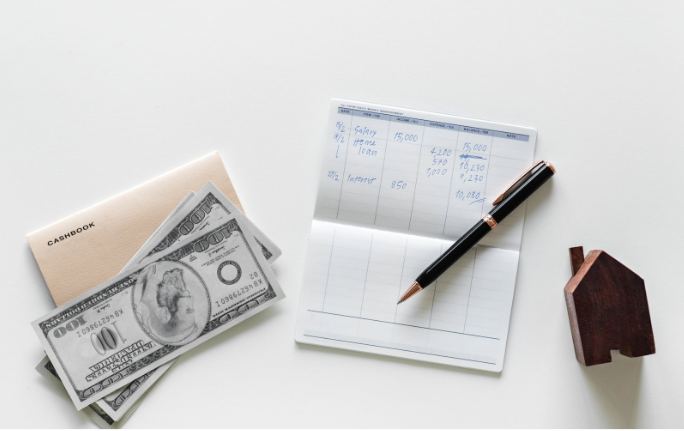
Debt is a part of life for most people. From buying a car to graduating college to owning a home, it’s almost impossible to reach a milestone in life without having to go into debt to do so. Even though no one likes being in debt, what’s most crucial is that you have a plan to manage and pay off your debt. Simply making the minimum payment for years and years won’t have the financial impact you’re looking for.
If you’re serious about your goal to Get Out of Debt, it helps to have smaller goals and milestones to achieve, keeping you encouraged and excited about becoming debt free. Here are 4 finance challenges that you can follow to help you pay off your debt.
1. Create a Budget
One of the most effective ways to pay off your debt is to create a budget. We live in a world of mobile banking and plastic cards, making it much harder to keep track of the money we make and the money we spend. If you’re serious about paying off your debt, you need to be serious about creating a budget.
As a finance challenge, take a few hours to sit down and really understand your financial situation. Write down how much money you make each month, to include your full-time job and any other sources of income. Next write down all of the bills you must pay and then all of your debt payments.
Add up all of your income and then add up all bill and debt payments. Then subtract debt payments from your income to see how much money you have left over. By budgeting, you can figure out where this extra money should be applied. In this instance, we recommend putting most of the money towards debt and the rest into a savings account.
Creating a budget also allows you to see where you can cut costs. It can be quite eye opening to see just how much of your income is going towards entertainment, food, and debt.
2. Curb Bad Spending Habits
Are you one of those people who just can’t help a good deal? Do you live for impulse buys? While there’s nothing wrong with spending money on items that you want, if your goal is to pay off debt, bad spending habits have to become problems of the past. Continuing to buy items just because it’s a good deal or because it’s the latest hot product doesn’t help in your quest to pay off debt.
As you pay off debt, reward yourself with something that keeps you excited about becoming debt free. While you don’t want to blow your entire paycheck on a fancy item, it never hurts to reward yourself for paying off a loan or credit card.
3. Increase Your Income
The more money you make, the more funds you have to put towards debt payments. By paying more than the minimum each month, you’re able to save hundreds of dollars in interest payments each year. An effective way to pay off your debt is to simply increase your cash flow.
There are all sorts of ways to make more money. Take a walk around your house. Are there items that have been put in the back of the closet and not used for years? Instead of allowing your home to become cluttered with unused items, sell them for cold hard cash instead! Host a yard sale or use an online site like eBay to sell your items.
You can also increase your income by working a part-time or seasonal job. You could even work a side job, such as becoming an Uber driver or a content editor to make more money.
Most importantly, ensure that the extra money you do make goes directly towards debt. You don’t want to work extra hours only to spend money on trivial purchases.
4. Prioritize Your Debt
Many people stay in debt because they don’t have a clear picture of how much debt they owe and how their payments are dispersed between interest and the principal balance. An eye-opening challenge that you’ll want to complete is prioritizing your debt.
To start, you’ll need to write down all of the debt you have, to include loans, credit cards, and even IOUs. When writing down your debt, you’ll want to include the following information:
- Who you owe money to (debtor)
- Debt balance
- Minimum payment due
- Interest rate
The two most important pieces of information you’ll need to track are debt balance and interest rate. When prioritizing your debt, you can choose to prioritize by debt balance, paying off the smallest balance first, or by interest rate, tackling the highest interest debt first.
By prioritizing your debt, you’re able to follow a plan that allows you to gradually reduce your debt load.
Conclusion
If you’re ready to push yourself financially and enjoy a debt free life, give these 4 challenges a try. By setting mini goals and challenges, you’re able to stay on track to paying off your debt and being free from debtors.
Leave a Reply